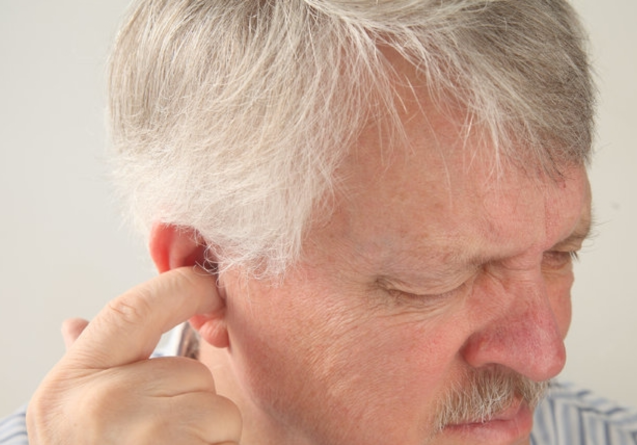
Why Your Memory Problems Might Start in Your Ears… See More
You notice it gradually—the way names slip through your mind like water through fingers, how you sometimes forget why you walked into a room, or struggle to recall a word that should come easily. You tell yourself it’s normal aging, but what if the source of your memory issues isn’t in your brain at all? What if it’s actually connected to something surprising happening in your ears?
For many adults over 50, hearing loss occurs so gradually they barely notice it. You might find yourself turning up the television volume slightly, asking people to repeat themselves more often, or struggling to follow conversations in noisy restaurants. These changes seem minor—annoyances rather than alarms. But emerging research reveals that untreated hearing loss may be directly contributing to memory problems and even increasing dementia risk.
The connection between your ears and your memory isn’t metaphorical—it’s physiological. When your hearing declines, your brain receives distorted or incomplete sound information. It must work harder to fill in the gaps, draining cognitive resources that would otherwise be available for memory formation and retention. This constant extra effort—what scientists call “cognitive load”—means your brain is so busy trying to hear that it has less capacity left to remember.
This isn’t just theoretical. Studies using MRI technology show that people with untreated hearing loss experience accelerated brain atrophy, particularly in regions responsible for memory and sensory processing. The old saying about “use it or lose it” applies particularly to your brain’s auditory cortex—when it stops receiving clear signals from your ears, those neural pathways begin to deteriorate.
The social consequences of hearing loss compound the problem. When conversations become challenging, people often withdraw from social interactions. That weekly card game with friends becomes frustrating when you can’t follow the conversation. Family gatherings feel exhausting rather than enjoyable. This social isolation is itself a risk factor for cognitive decline—when we stop engaging in stimulating conversations and social activities, our brains receive less of the exercise they need to stay sharp.
What makes this particularly concerning is how subtly it happens. You might not even realize how much you’re missing until you try hearing aids and suddenly discover you’ve been living in a muffled world. Many people adapt to declining hearing by smiling and nodding when they can’t follow conversations, not realizing they’re also missing crucial information that would help form memories.
The good news is that addressing hearing issues may help protect your memory. Research shows that using hearing aids can slow cognitive decline by reducing the mental effort required to hear, allowing your brain to focus on memory and other important functions. People who treat their hearing loss often report not only better hearing but also improved memory and mental clarity.
The process begins with recognizing the signs: needing frequent repetitions, difficulty following group conversations, thinking others mumble, or feeling exhausted after social events. A comprehensive hearing evaluation can determine whether hearing loss is contributing to your memory challenges.
Modern hearing solutions are far more advanced than what you might remember from years past. Today’s devices are discreet, comfortable, and often connect seamlessly to smartphones and other technology. Many people are surprised to discover how natural and clear modern hearing assistance can feel.
Your memory and your hearing are more connected than you might imagine. By taking care of your ears, you might actually be protecting your brain. Don’t dismiss those occasional memory lapses as inevitable aging—they might be your ears asking for attention. The sounds you preserve today could be the memories you protect for tomorrow.